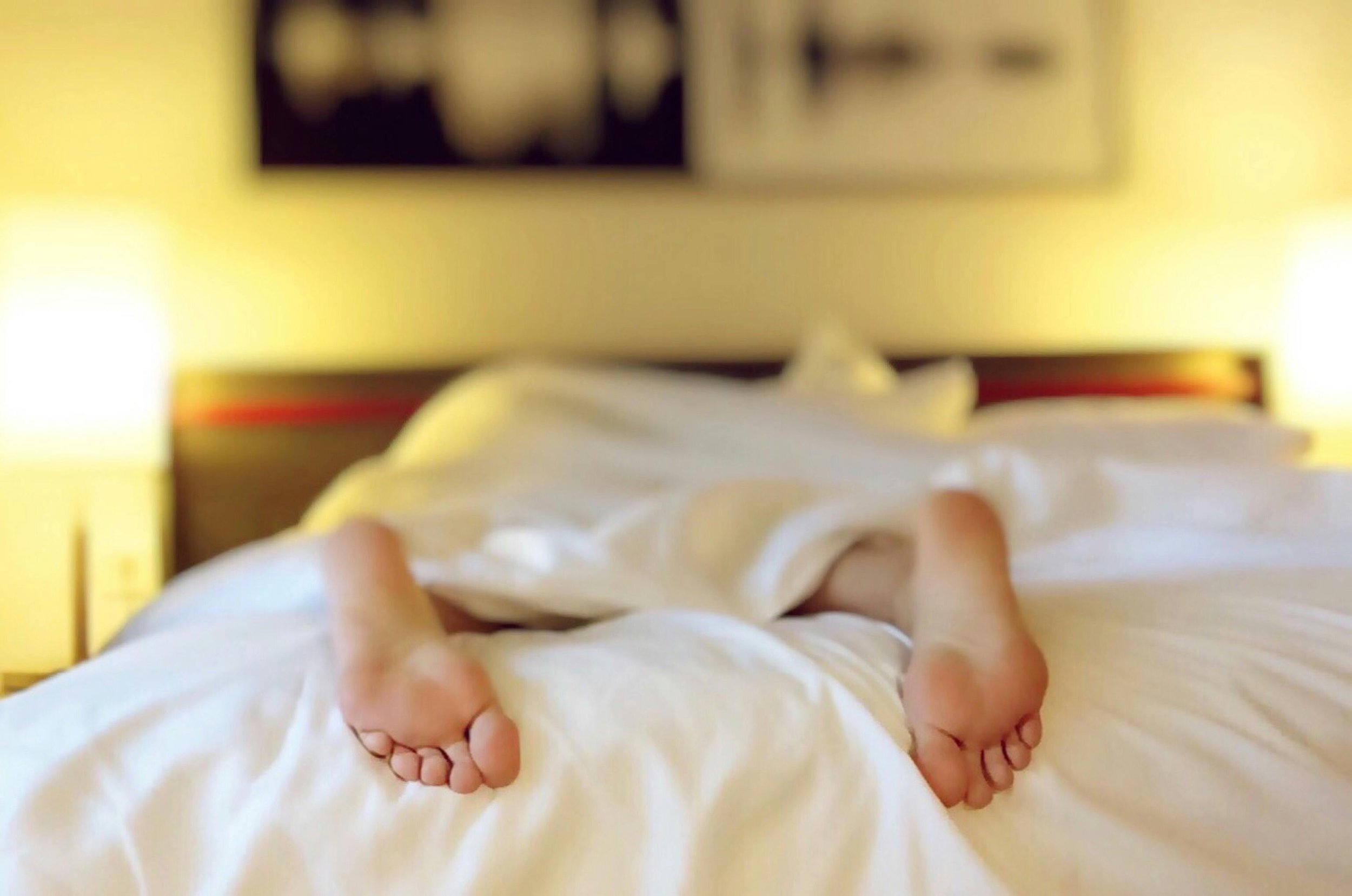Supporting Your Menstrual Health Through Better Rest
In the hustle and bustle of daily life, sleep is often overlooked. However, prioritising sleep is a powerful act of self-care, especially when it comes to the menstrual cycle. The menstrual cycle is intricately connected to our sleep patterns, and optimising sleep can significantly improve menstrual-related symptoms like cramps, mood swings, and fatigue (1, 2).
The Intimate Dance Between Sleep and Your Cycle
Our bodies are intricate systems, and sleep and menstrual cycles are beautifully intertwined1 2. Just as hormonal shifts can influence our sleep patterns, the quality of our sleep can impact our hormones (1, 2).
Here’s how a lack of sleep can affect your menstrual health:
Irregular Cycles: Sleep deprivation can disrupt the production of key hormones like estrogen and progesterone, potentially leading to irregular periods or changes in cycle length (3, 4).
Increased PMS Symptoms: Poor sleep often worsens other symptoms of PMS, particularly the emotional symptoms. Feeling tired is not going to put you in the best frame of mind to tackle a mountain of work, or face a difficult situation. You may feel more anxious, irritable or low in mood (5).
Heavier Flow: Some studies suggest a link between sleep deprivation and heavier menstrual flow (1, 6).
Sleep Hygiene: Your Self-Care Superpower
This Self-Care Day, let’s make a pact to prioritise sleep hygiene. Here are some tips to get you started:
Establish a Consistent Sleep Schedule: Go to bed and wake up around the same time each day, even on weekends, to regulate your body’s natural sleep-wake cycle (7, 8).
Create a Relaxing Bedtime Routine: Wind down an hour or two before bed with calming activities like taking a warm bath, reading, or gentle stretching (7, 8).
Make Your Bedroom Sleep-Friendly: Ensure your bedroom is dark, quiet, and cool for optimal sleep (7, 8).
Limit Screen Time Before Bed: The blue light emitted from electronic devices can interfere with melatonin production, a hormone that regulates sleep (9, 10, 11, 12).
Watch Your Caffeine and Alcohol Intake: Avoid caffeine and alcohol close to bedtime, as they can disrupt sleep patterns (7, 8).
Sweet Dreams, Healthier Cycle
By prioritising sleep, we honour our bodies’ natural rhythms and support our overall well-being. This Self-Care Day, let’s make a conscious effort to prioritise sleep for a healthier, happier cycle. Remember, the profound impact of poor sleep on health and the menstrual cycle is clear. Unfortunately, women are more prone to sleep disturbances likely linked to a combination of biological influences and gender roles1. Adopting healthier sleep habits and sleep hygiene is crucial to support your overall well-being and menstrual cycle.
References & Further Reading:
Self-Care Month 2024 (who.int)
4. How your sleep cycle affects your menstrual cycle — Holly Dunn
5. PMS and insomnia – Find out why PMS can affect your sleep (avogel.co.uk)
9. Can Electronics Affect Quality Sleep? | Sleep Foundation
10. Blue light has a dark side - Harvard Health
12. Forget What You Think You Know About Blue Light and Sleep | TIME


